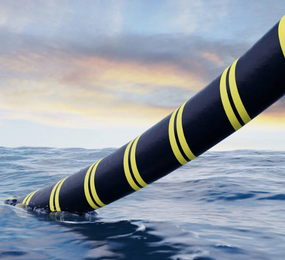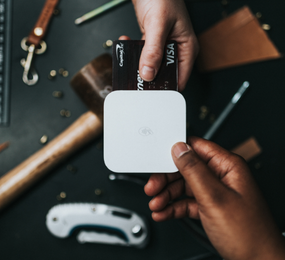With the promise of greater productivity, flexibility, and cost savings, the trend toward digitalization and industry 4.0 and beyond is giving biopharmaceutical businesses the chance to industrialise their processes. However, there are dangers, ambiguities, and difficulties as with every significant breakthrough.
The quest for smart biopharma processes is being driven by the emergence of three trends: personalised drugs, frequently tailored to the patient's genome, as a new treatment option for both common and rare diseases; flexibility as a way to make plants smarter and more adaptable; and finally, using digitalization to gain a thorough understanding of the process. The industry increasingly uses small-scale production lines for creating new procedures, undertaking pilot-scale manufacturing, and testing and optimising already-in-use processes. In this situation, single-use or disposable parts greatly improve the productivity and speed of a production line while maintaining product quality. To guarantee right-first-time quality and ease of operation, these procedures require the corresponding, adaptable, and intelligent automation technology.
Smart Biomanufacturing and bioproduction processes must provide insights about biological behaviour in addition to process and product quality in order to increase yield, shorten the time to market, and assist process validation. Deep process understanding for ongoing, real-time quality control is made possible by digitalization.
There are two issues that the automation and IT systems in smart bioprocesses must be able to handle. First, small-scale and one-time procedures frequently make use of mobile equipment that can be utilised in several locations and is configured for a process by combining components in a plug-and-play environment, with a variety of sensors and actuators. This calls for an adaptable, plug-and-play automation system with sophisticated tracking features and a very user-friendly operator interface.
Second, the industry will be able to directly track microbial production in bioreactors, a field that still has a lot of room for development, with the design and implementation of smart technology, as well as direct evaluations of the quality of the resulting products through novel, networked process sensors and process analytical technology (PAT).
Siemens can help businesses achieve a deeper process understanding while increasing production flexibility, helping you win the race for smarter biomanufacturing. Siemens offers flexible automation systems that are simple to integrate and set up, powerful PAT tools to integrate process data with advanced modelling, and proven systems for electronic batch recording.
Join this exclusive, specialised conference to delve into some of the game-changing technologies that, through scale-down modelling, disposables, digital twins, machine learning, modelling, and high throughput analytics, could enable smarter bioprocesses, bioproduction, and boost productivity.
Join us on 28th - 29th March, 2023 for the International Bioprocessing and Biologics Forum, in Berlin, Germany so you don't feel left out in the industry!
To register or learn more about the Forum please check here: https://bit.ly/3zxguXW
For more information and group participation, contact us: [email protected]
















